Susan Williams spent the past year learning about Lewy Body dementia and its effects on Robin William’s life. Going public last week drew so much attention to the LBDA website that it crashed from the load. What she shared has changed the way America looks at Lewy Body dementia. Learn why.
Atlanta— On November 3, 2015, Susan Williams, Robin Williams’ widow, spoke on Good Morning America (GMA) and in other media, about it taking the past year for her to learn that Robin was suffering from Lewy body dementia (LBD), which she believes led to his demise. Susan Williams explained that the original Parkinson’s diagnosis did not cover all of his symptoms, and he was unaware of the LBD diagnosis when he died.
LBD’s Overlapping Features
Dr. Dan Kaufer, a member of the Scientific Advisory Council for the Lewy Body Dementia Association (LBDA), the only national health organization dedicated to LBD, explained that “LBD is commonly mistaken for Parkinson’s or Alzheimer’s disease, or a psychiatric disorder because of overlapping features.”
Dr. Kaufer, who is Director of the Memory Disorders Program at the University of North Carolina in Chapel Hill, added that “Patients who are misdiagnosed may not receive potentially beneficial medications or are prescribed medications that make symptoms worse.”
Expanding LBD Awareness
“The LBDA has diligently shared this and other news about LBD for years to educate the healthcare community and families, but awareness has been slow in coming,” said Michael Koehler, president of LBDA’s Board of Directors.
“Because Robin Williams was such a universally beloved actor and comedian, Susan Williams’ story has a significant impact in expanding awareness.”
Website Crash
This was clear to the Association shortly after the GMA interview aired, when calls came into the Atlanta offices of the LBDA. Interview requests included those from
- CNN
- Time Magazine
- The Guardian
- The New York Times
By day’s end the website crashed and was down for several hours. It’s back up and running and late last evening brought another live interview for the LBDA with BBC Radio.
LBDA in Action
The website www.lbda.org provides detailed information about:
- differentiating LBD, Parkinson’s and Alzheimer’s symptoms
- online and in-person support groups
- research
- treatment
- many other resources.
Prior to the Williams’ news, on October 14, the Association sent out a news release entitled, “An Actual Awareness Month for a Disease With Little to No Awareness,” heralding the sixth annual October recognition of national Lewy Body Dementia Awareness Month. As recently as November 2, the LBDA reported that for the first time, an advocate for the Lewy body dementia (LBD) community, Angela Taylor, Director of Programs at LBDA, was named a member of the U.S. Department of Health & Human Services (HHS) Advisory Council on Alzheimer’s Research, Care and Services.
A Seat at the Table
“LBD, which affects 1.4 million people and is the second most progressive dementia after Alzheimer’s disease, finally has a seat at the table,” said Taylor. “We’re gaining traction,” added Koehler, “which can only serve to help more people get the correct early diagnoses and support.”
VIDEO:
Robin William’s Widow on Lewy Body Dementia
MORE INFORMATION: About the Lewy Body Dementia Association
The Lewy Body Dementia Association (LBDA) is a nonprofit organization dedicated to raising awareness of Lewy body dementias (LBD), promoting scientific advances, and supporting people with LBD, their families and caregivers. LBD, a complex disease that can present with a range of physical, cognitive and behavioral symptoms, is a “family disease.” It dramatically affects not only the person diagnosed but also the primary caregiver. The only national health organization dedicated to LBD, LBDA supports all those affected by Lewy body dementias through outreach, education and research. To learn more about LBD and LBDA, please visit www.lbda.org. – See more at: http://www.lbda.org/node/1891#sthash.9W2yUPjh.dpuf

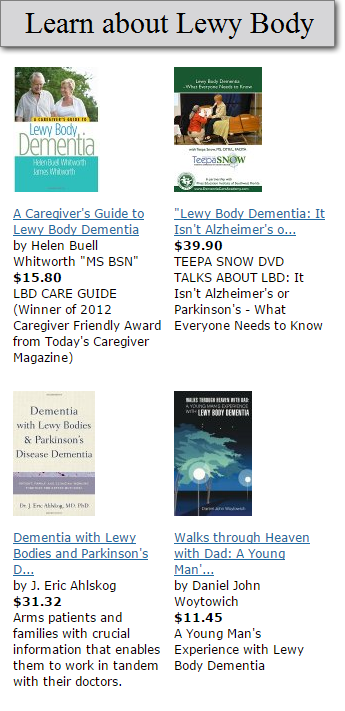

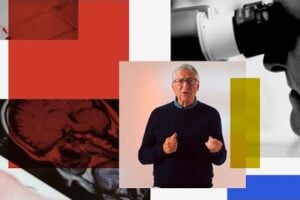

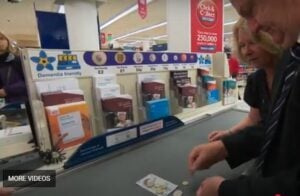




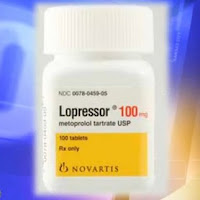
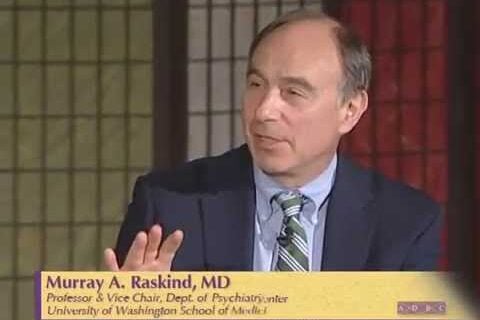
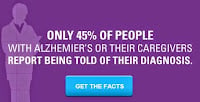
There are a range of treatment options for Lewy Body Dementia and the one noninvasive approach involves near infrared light stimulation and EEG biofeedback training. Our clinic has been studying this approach for 7 years and are very encouraged by the improveents we see in our patients. See http://www.quietmindfdn.org for details.
There are a range of treatment options for Lewy Body Dementia and the one noninvasive approach involves near infrared light stimulation and EEG biofeedback training. Our clinic has been studying this approach for 7 years and are very encouraged by the improveents we see in our patients. See http://www.quietmindfdn.org for details.